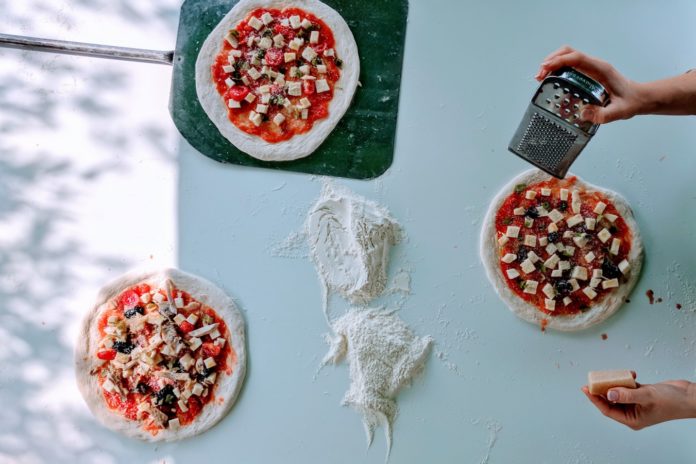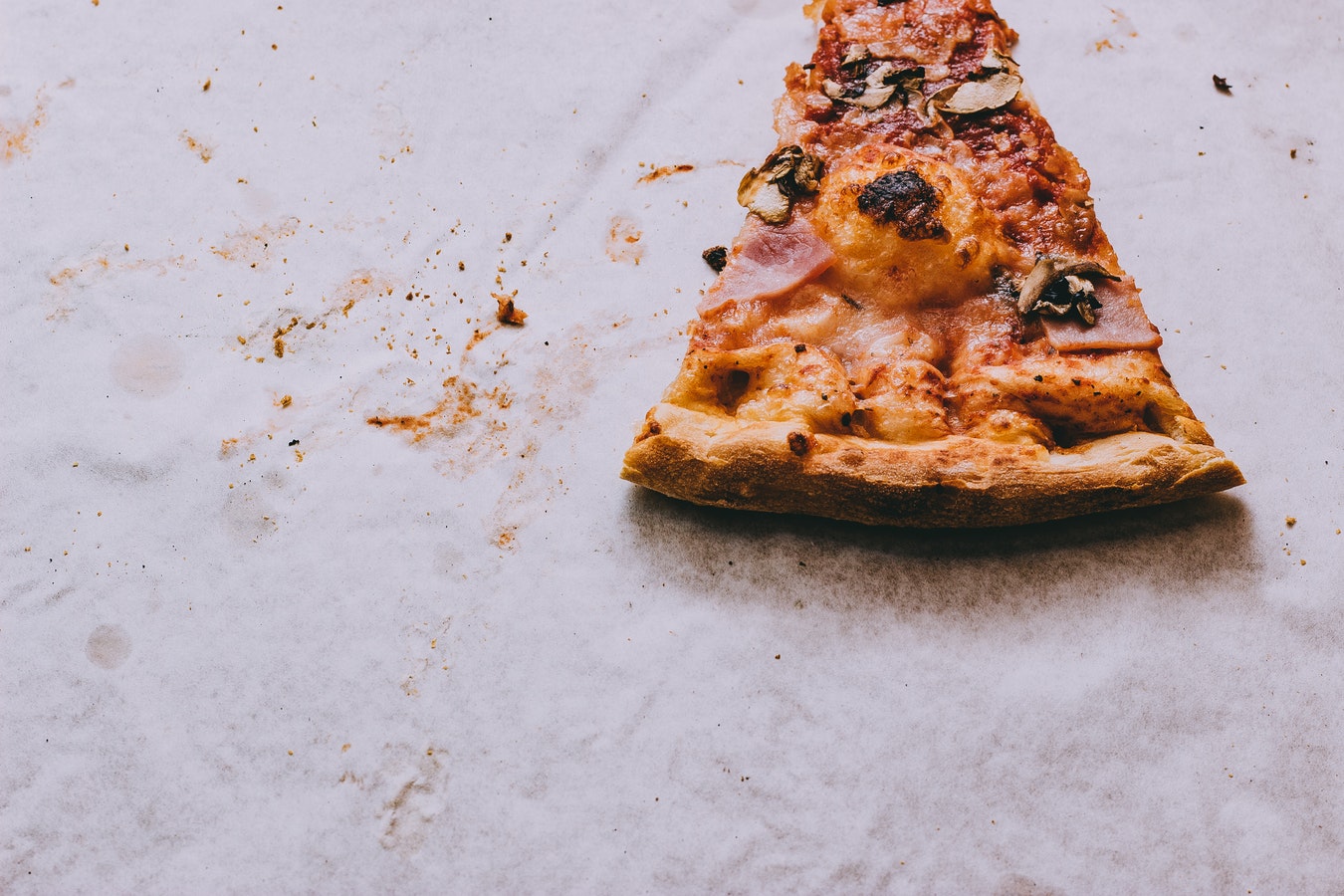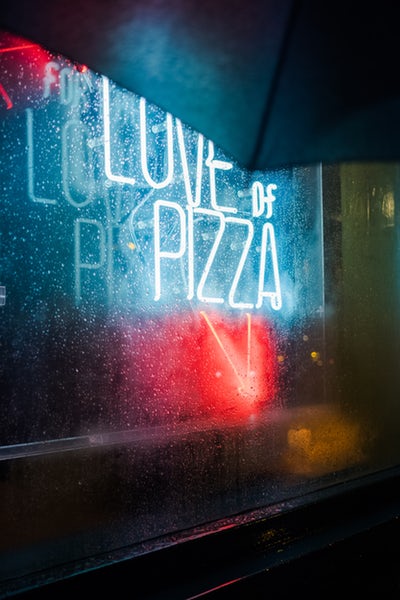
We’re already well aware of the Catch-22 data that tells us how much harder it is, inherently, to lose weight when you have more weight you need to lose.
(If you’re interested, read the study that describes what molecule in the body makes it harder for some people to lose weight than others, here: Lysyl oxidase and adipose tissue dysfunction.)
And now we know even more about it. Ultimately (gloriously), this new information is available thanks to pizza, and chocolate.
It’s not as simple as that, obviously, but it was during a recent experiment by researchers from the 2018 European Congress on Obesity presented this week in Vienna, Austria, that the link between human response to food and weight gain/loss/maintenance, was illustrated in full.
Using pizza.

In the experiment, researchers measured people’s unconscious reactions to pizza and chocolate, comparing their level salivation and increase/decrease in heart rate.
65 people took part in the study: “20 former obese weight-loss maintainers, 25 individuals with obesity, and 20 never-overweight lean individuals.” It was discovered that, when presented with the delicious aromas of a pizza pie that the people who had maintained their weight loss, the “weight-loss maintainers” and those still suffering from obesity, had notable differences in saliva production and change in heart rate.
The heart rates of obese participants were considerably higher, and they also salivated more when in the presence of those pinnacles of delicious gluttony, pizza and chocolate. Successful weight-losers, on the other hand, had the exact opposite effect.
And the people who had never been obese? They didn’t really react to the food at all. Which seems like something of a sad existence as well.

These results might seem somewhat cartoonish on first glance; the American stereotype of an overweight person drooling over pizza and candy comes to mind, but it’s an important conclusion that could, in the long run, have tangible benefits for treatment practices: Our bodies have an “internal reward system” and through this we can maintain a working knowledge of which food trigger this reaction – and help to work with/around them. As other studies have shown, the reactions that foods high in sugars and fats given the body a similar level excitement to that of alcohol and drugs.
However, as has always been the case with studies that focus on humans response to food, and the link between those responses and obesity, we remain unclear about whether these physical reactions are the reason obesity occurs, or whether they’re caused by obesity in the first place.
Researchers currently suspect, however, and Occam’s Razor might agree, that it’s the first one; i.e. people with a stronger (unconscious or not) physical reaction to food will have a tougher time staying thin.
Read next: Celebrating 100 years of food, health, nutrition, education
















